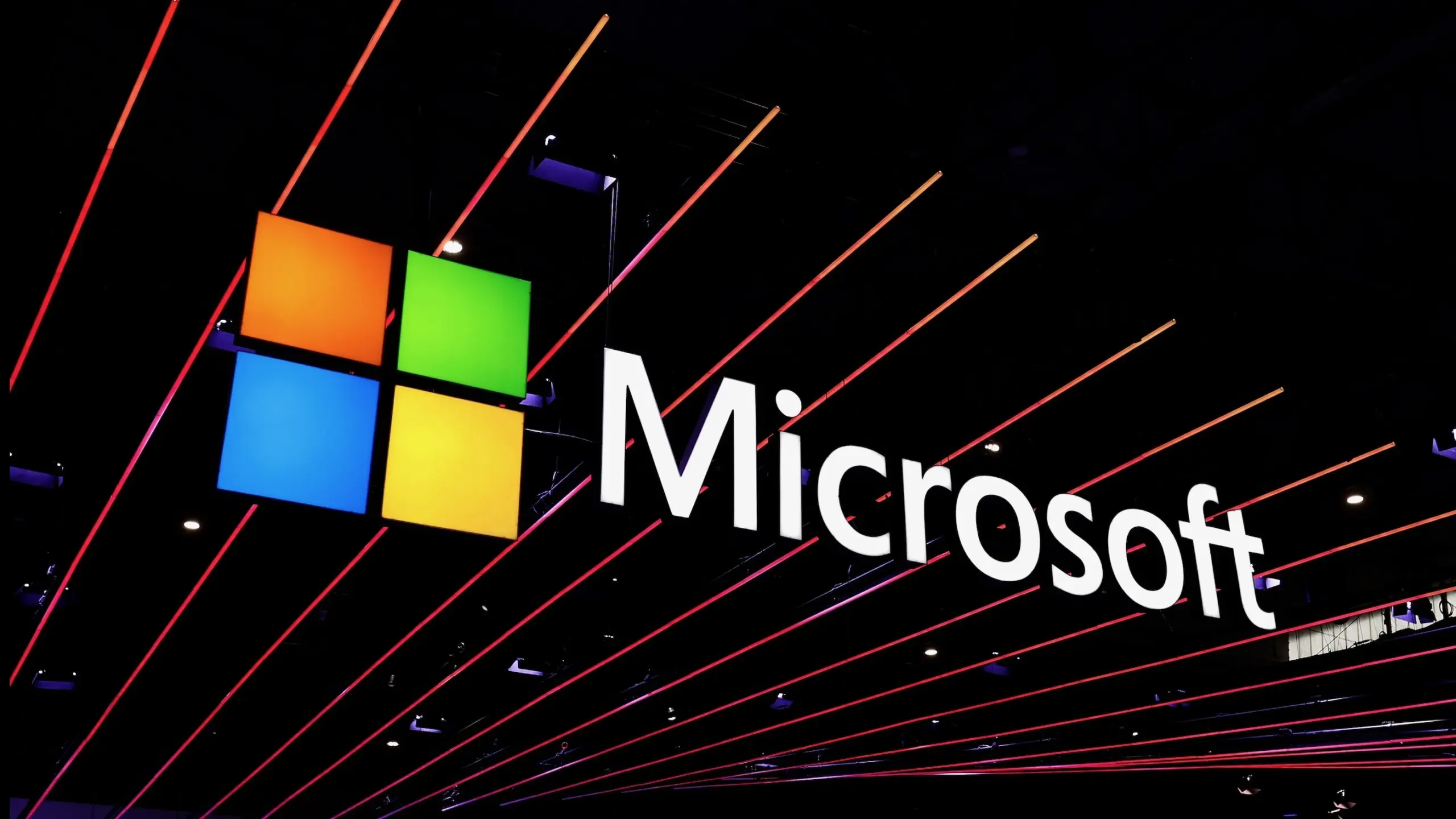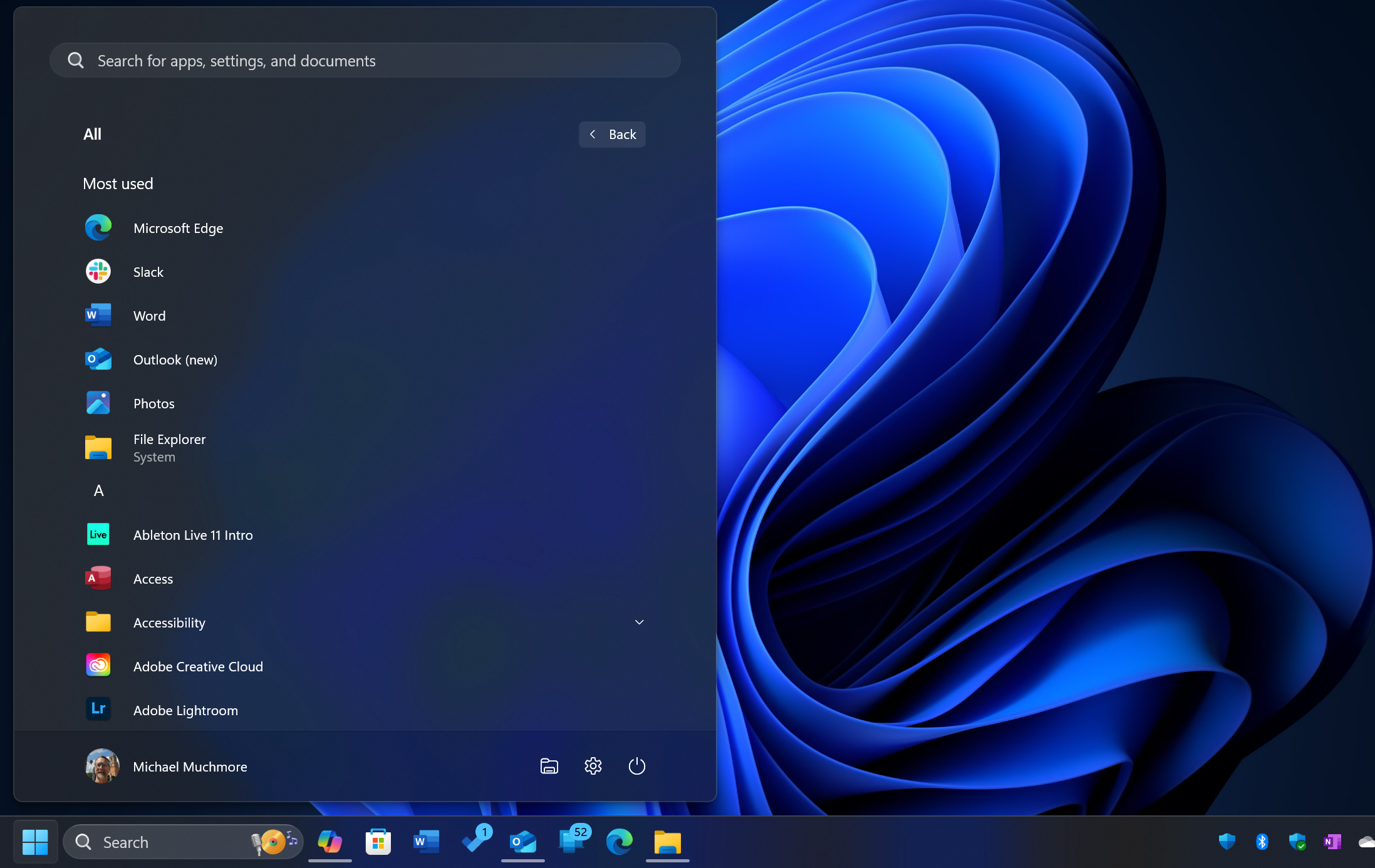Instagram, a platform owned by Meta (formerly Facebook), has faced criticism for its content moderation practices, which some users and advocacy groups claim exhibit bias and inconsistency.
Key Highlights
- Instagram has been accused of suppressing content related to Palestine, including posts, stories, and comments containing the Palestinian flag emoji.
- Allegations of inconsistent moderation, with reports suggesting that content in Arabic is flagged more frequently than similar content in other languages.
- Criticism over Instagram’s approach to content that challenges societal norms, with claims that the platform’s algorithm may exhibit bias against marginalized groups.
- Concerns about the lack of transparency and effectiveness in Instagram’s appeal process for content deemed inappropriate by the platform.
The introduction of Instagram’s ‘Sensitive Content Control’ was intended to allow users more say over the content they see by filtering out posts that might be considered sexually suggestive, violent, or otherwise upsetting. However, this well-intentioned feature has inadvertently affected the visibility of content from marginalized groups. Black activists and trans individuals, for example, have reported a significant drop in engagement from their followers, suggesting that their content is being unfairly categorized as ‘sensitive’ and hidden from broader audiences.
These criticisms focus on two primary areas:
- Suppression of Palestinian Voices: Users and digital rights organizations have reported that Instagram disproportionately censors content related to Palestine. This includes limiting the reach of posts, flagging content as sensitive or inappropriate, and even restricting users’ accounts. Such actions have been perceived as part of a broader issue of bias within Meta’s moderation systems, affecting not only individual users but also the visibility and discourse around significant political and social issues.
- Bias Against Marginalized Groups: Instagram’s enforcement of community guidelines has also been criticized for disproportionately impacting marginalized groups. This includes individuals who are non-straight, as well as those who challenge eurocentric beauty standards, express dissent against institutions, or belong to racial and ethnic minorities. Reports suggest that the platform’s algorithm may be biased, leading to the censorship of content from these groups while similar content from more conventionally accepted groups remains unaffected.
Addressing the Concerns
Instagram and Meta have faced calls to improve the transparency and fairness of their content moderation processes. This includes demands for more clarity around the guidelines that govern content removal, the mechanisms in place to address potential biases in the algorithm, and the processes available to users to appeal content moderation decisions. While Instagram has implemented tools and policies aimed at giving users more control over their experience, the effectiveness and consistency of these measures remain topics of debate among users and digital rights advocates.
While there is no specific recent report of Instagram censoring a picture of a gay family as ‘graphic content,’ the platform’s content moderation practices have been a source of ongoing concern, particularly regarding potential biases and inconsistencies. The debate underscores the complex challenges social media platforms face in moderating content fairly and transparently, especially when it intersects with issues of political significance, social justice, and representation of marginalized communities.










